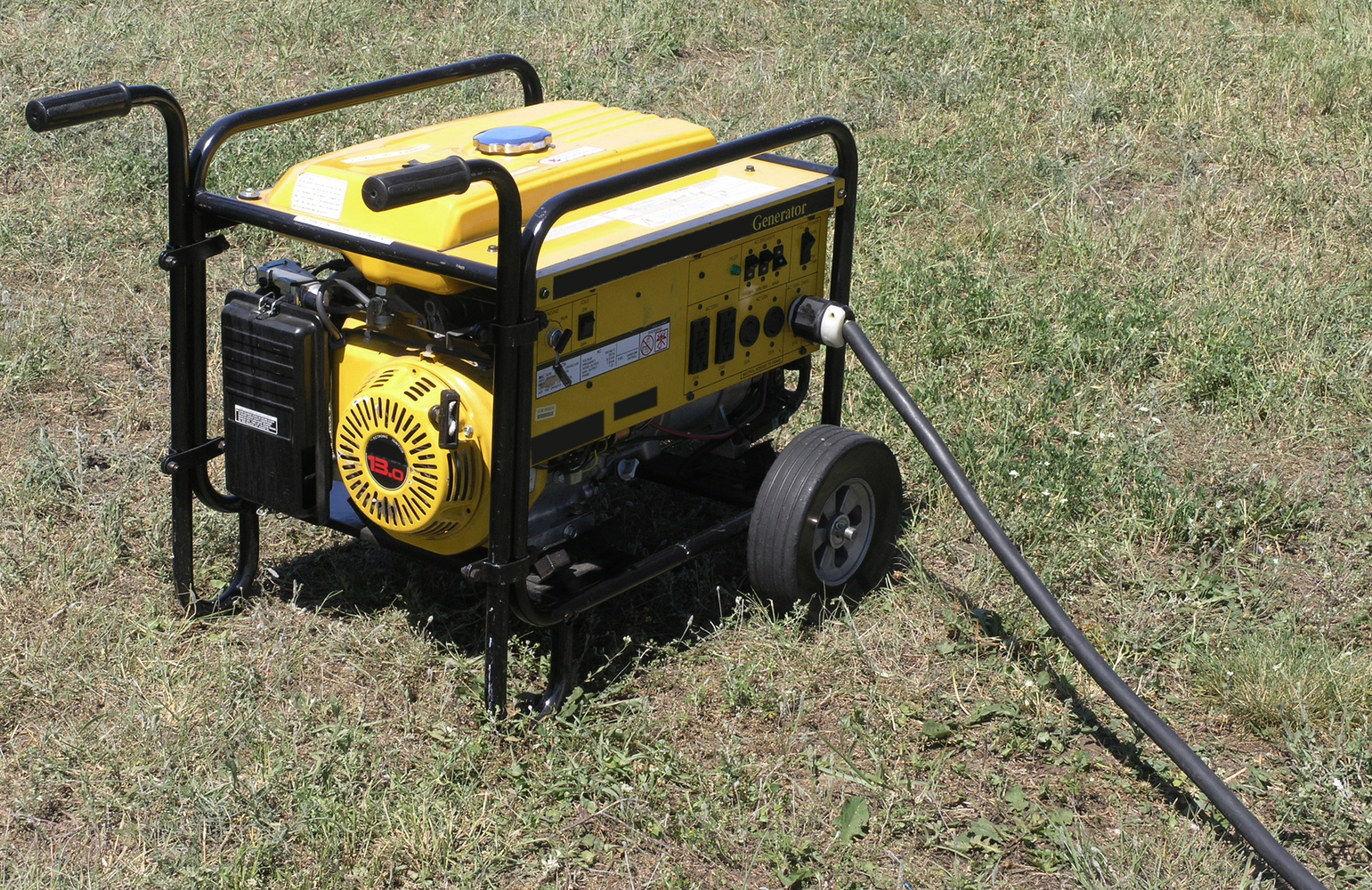
Key Items to be Prepared for Any Emergency
Though it would be nice to have advance notice for every emergency, that is often not the case. The last thing you want is to be caught off guard by a sudden major storm or unexpected loss of power. Moreover, even with advanced notice for such situations, you don’t want to have to fight everyone in the grocery store for supplies. As such, keeping some supplies ready-to-go in your home is a great way to ensure that you and your family stay safe in the event of an emergency.
Here are some key items to have on hand for an emergency:
1. Generator
A portable generator is used to supply backup electricity in the event of a power outage. This can keep your important appliances running, including the lights, refrigerator (preventing food spoilage), electric sump pumps (preventing flooding), heat, and air conditioning. Generators differ in power level, so you should select a generator based on the amount of electricity you will need to generate based on the number of users. Be sure to always follow the manufacturer’s instructions to ensure safe use.
2. Candles and waterproof matches
In the event of a power outage, candles are a source of consistent lighting. Waterproof matches are also good to have on hand in case of a water-related emergency. Just be sure to carefully monitor any lit candles to prevent fire.
3. First Aid Kit
It’s a good idea to keep a first aid kit anywhere you are likely to spend an extended period of time in case of an unexpected medical emergency. While you can buy a first aid kit, they are also easy to assemble yourself. According to the Red Cross, the kit should contain a written list of emergency contacts, as well as sterile gauze pads, adhesive tape, roller bandages, band-aids in assorted sizes, scissors, tweezers, safety pins, instant ice packs, disposable non-latex gloves, a flashlight, antiseptic wipes, a pencil and pad, an emergency blanket, a thermometer, and an extra mask.
4. Battery-powered or hand-crank radio
In an emergency, especially a weather-related one, it is important to have access to information, such as ongoing weather reports. A battery-powered or hand-crank radio should be able to keep you tuned in even in the event of a power outage. Such radios can be easily purchased online and stored with the rest of your emergency supplies.
5. Water (one gallon per person per day for several days)
For an emergency, the CDC recommends you store at least 1 gallon of water per person per day for at least 3 days for drinking and sanitation, though you should try to have about 2-weeks worth. If you live in a warmer climate or if anyone in your household is pregnant or sick, you should also consider storing extra water. The safest water in an emergency is unopened commercially bottled water.
6. Food rations (a several day supply of non-perishable food)
Even if you have an emergency generator, it is still a good idea to have several days worth of non-perishable food on hand in case of a power outage. Options include canned foods (be sure you also have a can opener handy nearby), peanut butter, canned juice, non-perishable pasteurized milk, dried fruit, dry cereal, or protein bars. If you have an infant, also be sure to have plenty of baby food on hand, and be sure that your family is willing and able to eat the food. An emergency is not the time to expand your child’s palate or test the severity of someone’s food allergy.
7. Warm clothing
If you live somewhere that experiences winter, this is a no-brainer. Try to have a full set of winter clothing ready for everyone in your family, preferably that is durable, waterproof, and has a solid cold temperature rating. Don’t forget thick socks and boots, and have a couple extra blankets ready as well.


